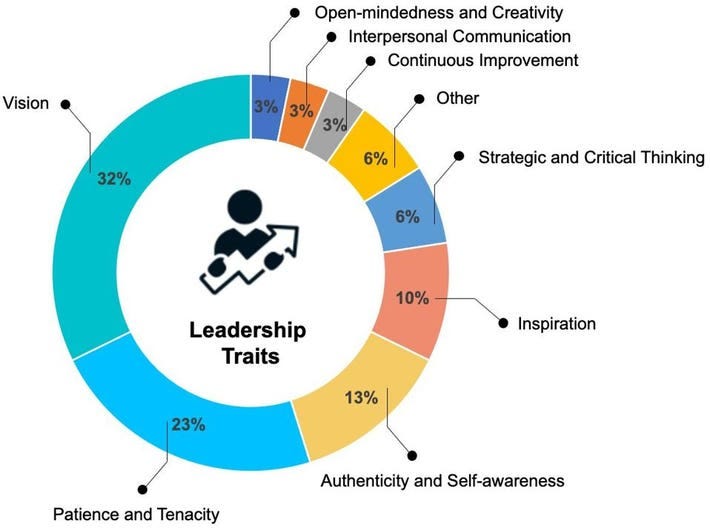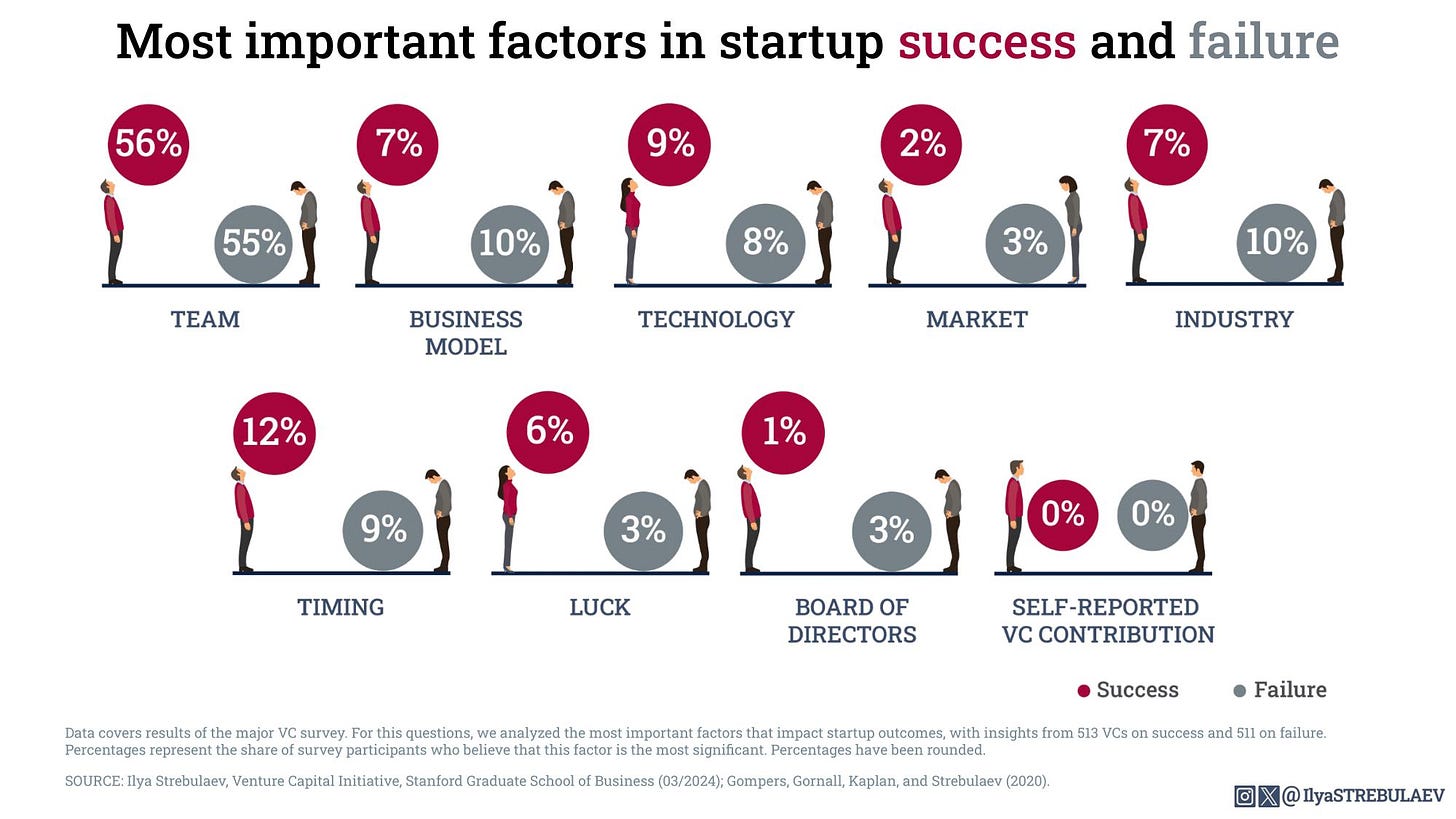Venturing Insights #6 - From Michael Phelps to Startups: How "Genetic" Fuels Success
Why choosing the right team and area of competition is essential for surviving and ultimately having success.
Many of you are probably familiar with Michael Phelps, who is widely considered to be one of the greatest athletes in history. Phelps has won more Olimpic medals not only that any swimmer but also more than any Olympian in any sport.
Few more people know Hicham El Guerrouj, but he was a fantastic athlete in his own right. He holds two Olympic gold medals and is one of the greatest middle-distance runners of all time.
These two athletes are wildly different in many ways (for starters, one competed on land and the other in water). But most notably, they differ significantly in height.
El Guerrouj is 176cm (5’9’’) and Phelps is 193 (6’4’’). Despite this difference in height though, they surprisingly wear the same length inseam on their pants.
How is this possible? Phelps has relatively short legs for his height and a very long torso, the perfect build for swimming.
El Guerrouj has incredibly long legs and a short upper body, an ideal frame for distance running.
Now, imagine if these world-class athletes were to switch sports.
The secret to maximizing your odds of success is to choose the right field of competition.
Applying genetics to Innovation and Entrepreneurship
Just like athletes, startups operate within specific competitive landscapes. Some tackle incremental or business model innovation, while others focus on niche markets with disruptive technologies.
The secret to maximizing your odds of success, then, lies not only in having a great idea but also in choosing the right field of competition and, more importantly, building your team accordingly. Here's where genetics offers a fascinating parallel.
Just like genes carry the blueprints for an organism, teams hold the DNA of a startup's success.
Let's explore this concept further:
Diversity is Key
In genetics, a diverse gene pool leads to a more robust and adaptable organism. Similarly, a startup team with diverse backgrounds, skillsets, and experiences fosters a wider range of ideas and approaches. This diversity allows the team to navigate challenges, identify opportunities, and adapt to the ever-evolving landscape of open innovation.
Mutations Drive Innovation
Genetic mutations, though sometimes risky, can lead to groundbreaking evolutionary leaps. Likewise, a team that encourages healthy debate, challenges assumptions, and embraces calculated risks is more likely to arrive at disruptive solutions and ultimately to succeed. Open innovation thrives on this kind of "mutational" thinking.
Dominant Traits and Team Leadership
Genes have dominant and recessive traits. In a team, strong leadership provides the necessary direction and vision. But just like a dominant gene needs the support of others to function, a great leader fosters collaboration, empowers individuals, and leverages the unique strengths of each team member.
Recombination for Growth
During sexual reproduction, genetic recombination creates new combinations of traits. Similarly, open innovation thrives on the "recombination" of ideas. By collaborating with external partners, startups can access new knowledge, resources, and perspectives. This "cross-pollination" accelerates growth and innovation.
The Fitness Landscape
In nature, organisms with the most advantageous traits survive and reproduce. In the competitive world of startups, teams with the right mix of skills, experience, and adaptability are more likely to thrive.
Epigenetic
The study of epigenetics reveals how environmental factors can influence gene expression, shaping the traits and behaviors of an organism. Similarly, in the context of innovation and entrepreneurship, the environment in which a startup operates plays a crucial role in shaping its trajectory.
Just as epigenetic factors can modify gene activity without altering the underlying DNA sequence, external factors such as market conditions, regulatory landscapes, and technological advancements can profoundly impact the success of a startup.
Understanding and adapting to these environmental cues are essential for survival and growth.
Conclusion
The team is the most important factor in startup success and failure. I believe this can be applied to every kind of team. From sports to corporates.
The job of a people manager is to put the right players in the right positions to succeed.
Building a strong team is not just about hiring talented individuals. It's about creating a cohesive unit with the right balance of diversity, leadership, and a culture that encourages healthy "mutation" and "recombination" of ideas.
By viewing teams as the DNA of success, managers, investors and entrepreneurs can prioritize building teams with the genetic makeup best suited to navigate their competitive landscape.
Moreover, like Phelps in the pool or El Guerrouj on the track, you want to play a game where the odds are in your favor. Embracing this strategy requires the acceptance of the simple truth that people are born with different abilities.
If you want to dunk a basketball, being 200cm is very useful. Similarly, if you want to build an AI startup, having on board someone that knows about data and ML models is quite essential.
In short, genes (teams or attitudes) do not determine your destiny. They determine your areas of opportunity. The key is to direct your effort toward areas that both excite you and match your natural skills, to align your ambition with your ability.










thanks for the post